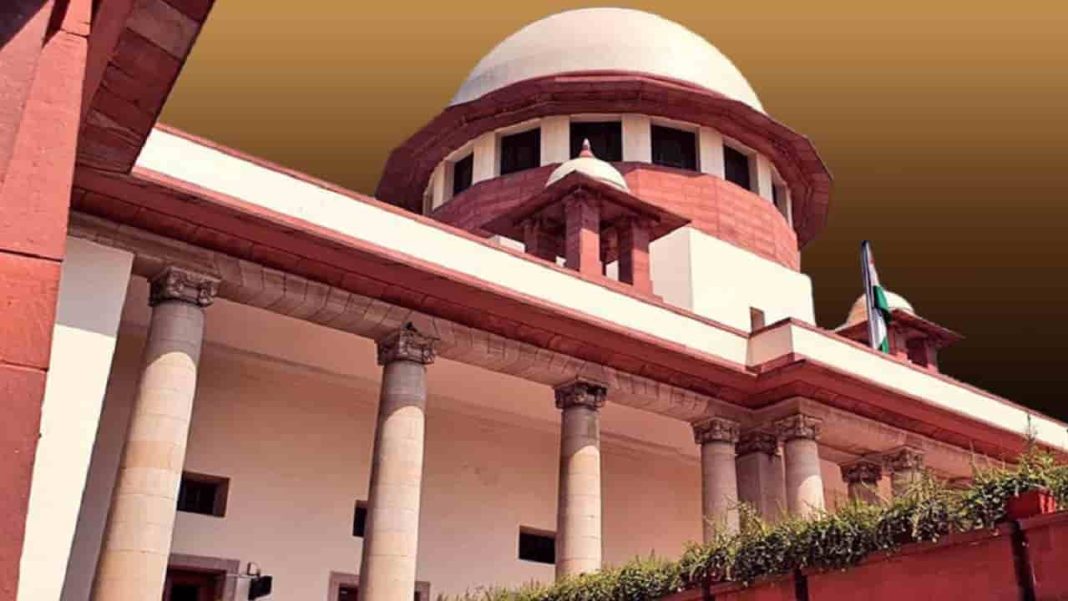The Supreme Court has yet again refused to stay the new law governing the appointment of Election Commissioners.
A Bench comprising of Justice Sanjiv Khanna and Justice Dipankar Datta stated that at this stage it is not possible to issue an interim stay.
On the public interest litigation (PIL) filed by the Association for Democratic Reforms (ADR) challenging the new law,the Court proceeded to issue notice to central government which effectively gives primacy to the executive when it comes to appoint Election Commissioners.
Advocate Prashant Bhushan who was the counsel for ADR stated that there was a need for stay as one of the Election Commissioners was retiring soon and the elections to Lok Sabha elections are due soon. He said that the case would become infructuous if the Court declined to stay the new law.
Justice Khanna remarked that interim order cannot be issued like this as the Constitutional validity matters are never infructuous.
The Court issued notice last time to the Central government and the Election Commission of India (ECI) on a petition which was filed by Congress leader Dr Jaya Thakur who challenged the recently-enacted law.
The Court had then also refused to stay the matter even then.
The law in question is titled as Chief Election Commissioner [CEC] and Other Election Commissioners (Appointment, Conditions of Service and Term of Office) Act, 2023.
The new law calls for appointment to the posts of CEC and Election Commissioners by a Selection Committee comprising the Prime Minister (PM), a Union Cabinet Minister and the Leader of Opposition in Lok Sabha.
In her plea Jaya Thakur contended that provisions of enactment for appointment of the members of the ECI were violative of the principle of free and fair elections since it does not provide an “independent mechanism.
Ms Thakur stated that the law is in violation of Supreme Court’s judgment in the case of Anoop Baranwal v. Union of India and ors, for it excludes the Chief Justice of India (CJI) from the appointment process.
The Court has adjourned the case till April.


